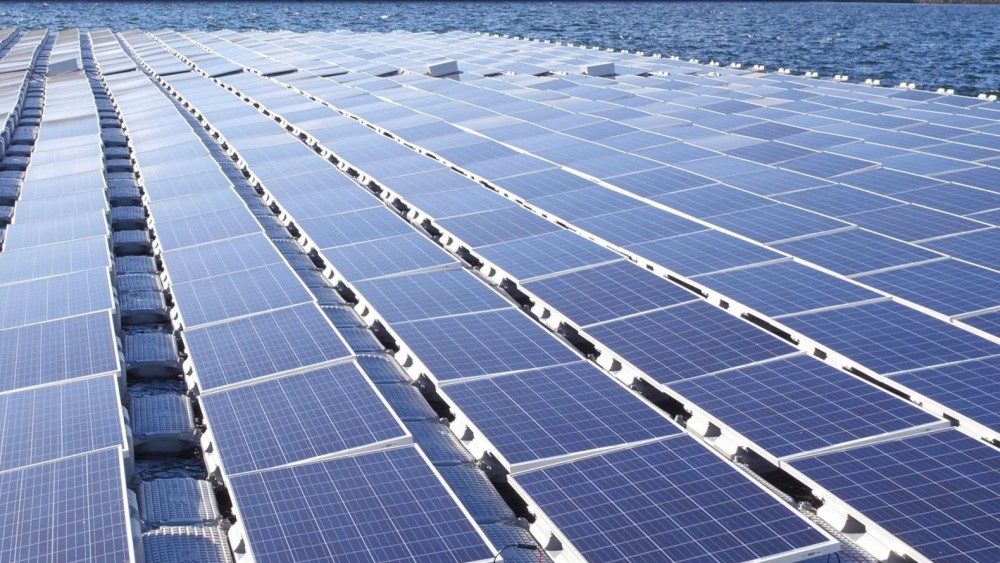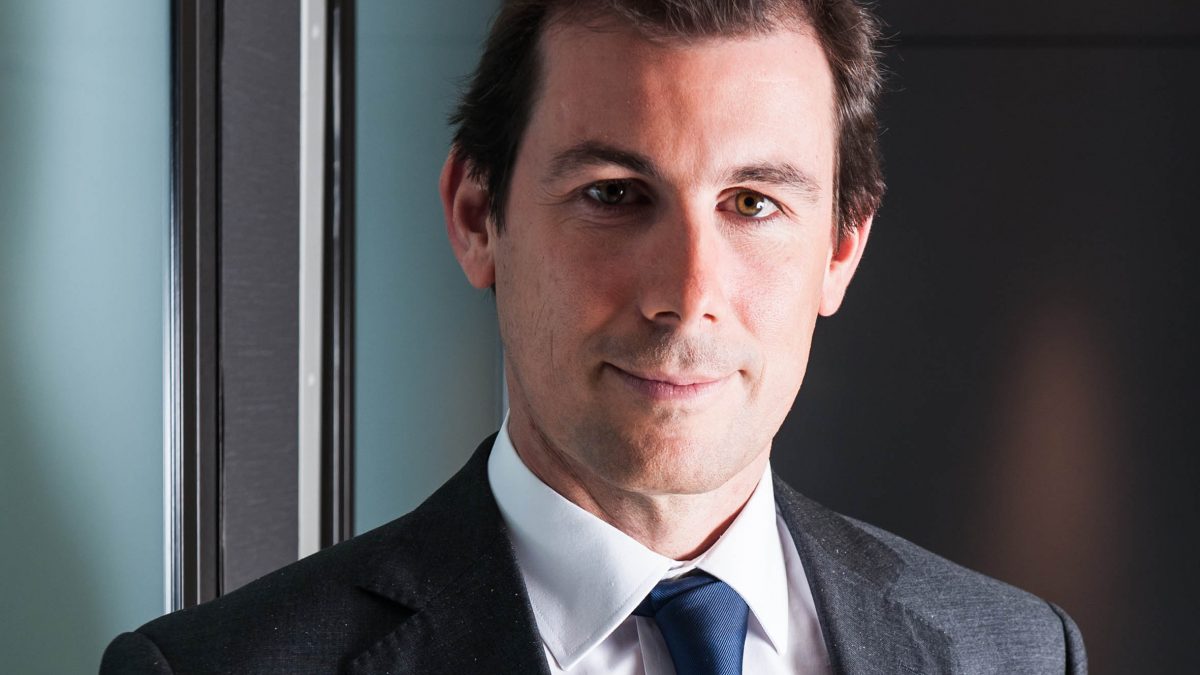Distributors call for ‘common sense in government’s energy saving plan
At a time when the government is preparing an energy saving and water efficiency plan, APED believes that there should be balance and common sense in its preparation.
APED on Tuesday defended “balance and common sense” in the preparation of the government’s energy savings plan, stressing that measures implemented by distribution companies have led to “a reduction of up to 30% in electricity consumption per square meter”.
The Portuguese Association of Distribution Companies (APED) said that the entity and its members have been “promoting energy efficiency for over a decade, contributing to preserving the environment, food safety and consumer wellbeing.
In the last decade, “companies in the sector have implemented eco-efficiency measures that allowed for a reduction of up to 30% in electricity consumption per square metre of sales area”.
Therefore, “at a time when the government is preparing an energy saving and water efficiency plan, APED believes that there should be balance and common sense in its preparation, APED told Lusa.
“Recognising that there is some room, taking into account the abnormal situation we face, for the introduction of some improvements in distribution and retail, the response to the energy crisis should be mainly through consultation and involvement of different sectors of activity and initiatives of limited duration,” the association said, as the challenge of consuming less energy “cannot be separated from the need to produce more and better energy”.
In its opinion, “a public policy that does not consider the need to improve the processes inherent to the installation of energy production plants for self-consumption or take into account reality and a medium-term perspective”.
APED “is, as always, available to contribute to the energy savings plan that is being designed, as well as to raise awareness among consumers to adopt sustainable behaviours, a practice it develops daily in the field of efficient use of resources and promotion of responsible consumption,” the association stressed.
The association also said that the installation of high energy efficiency equipment, particularly refrigeration technologies, freezers, the installation of refrigerated wall doors in cold storage units, the implementation of consumption monitoring systems, and even the adoption of efficient lighting, are some examples of what the entire sector has been doing.
“It is also worth highlighting the periodic regulation of the set-points of air conditioning systems, the installation of split lighting and dimming controls, the continuous training and awareness of teams for good energy efficiency practices,” added APED, also pointing out “the consumption of energy from renewable sources and the progressive installation of photovoltaic systems at points of sale.
As the association of a sector “that represents 11% of the national GDP [gross domestic product], APED has been promoting continuous work in the energy efficiency of the sector through the Plan for Promotion of Efficiency in Electricity Consumption (PPEC) and launched the basis for the construction of the Roadmap for Decarbonisation of the Sector at the end of last year, an initiative based on international best practices, which aims to decarbonise the sector by 2040 and whose official presentation will be made in October,” it said.
The environment ministry will “soon” present an energy savings plan that may include measures to limit energy consumption in government buildings, an official source told Lusa a week ago.
“The ministry of the environment and climate action will soon present a plan in which there may be a general awareness campaign for the reduction of energy consumption by companies and families and measures to limit energy consumption in government buildings,” an official source in response to Lusa said at the time, without giving further details.
Last week, the Spanish government approved a “package of urgent measures for energy saving and efficiency”, given “the critical situation” that Europe is experiencing because of the Russian threat to cut off gas supplies.
Under these measures, the temperature in public buildings, commercial spaces, bus and train stations and airports in Spain must not fall below 27 degrees in summer and above 19 in winter to save energy.
The measure, which will also cover cultural spaces, among others, also foresees that the lighting of shop windows, monuments and other buildings will be switched off after 10 pm, as well as the lights inside public buildings when they are unoccupied, according to the minister with the energy portfolio in the Spanish government, Teresa Ribera.
The Spanish government will also increase teleworking in the public administration. The minister called on “large companies” to do the same so that there is less travelling and lower costs with air conditioning and other energy consumption.


